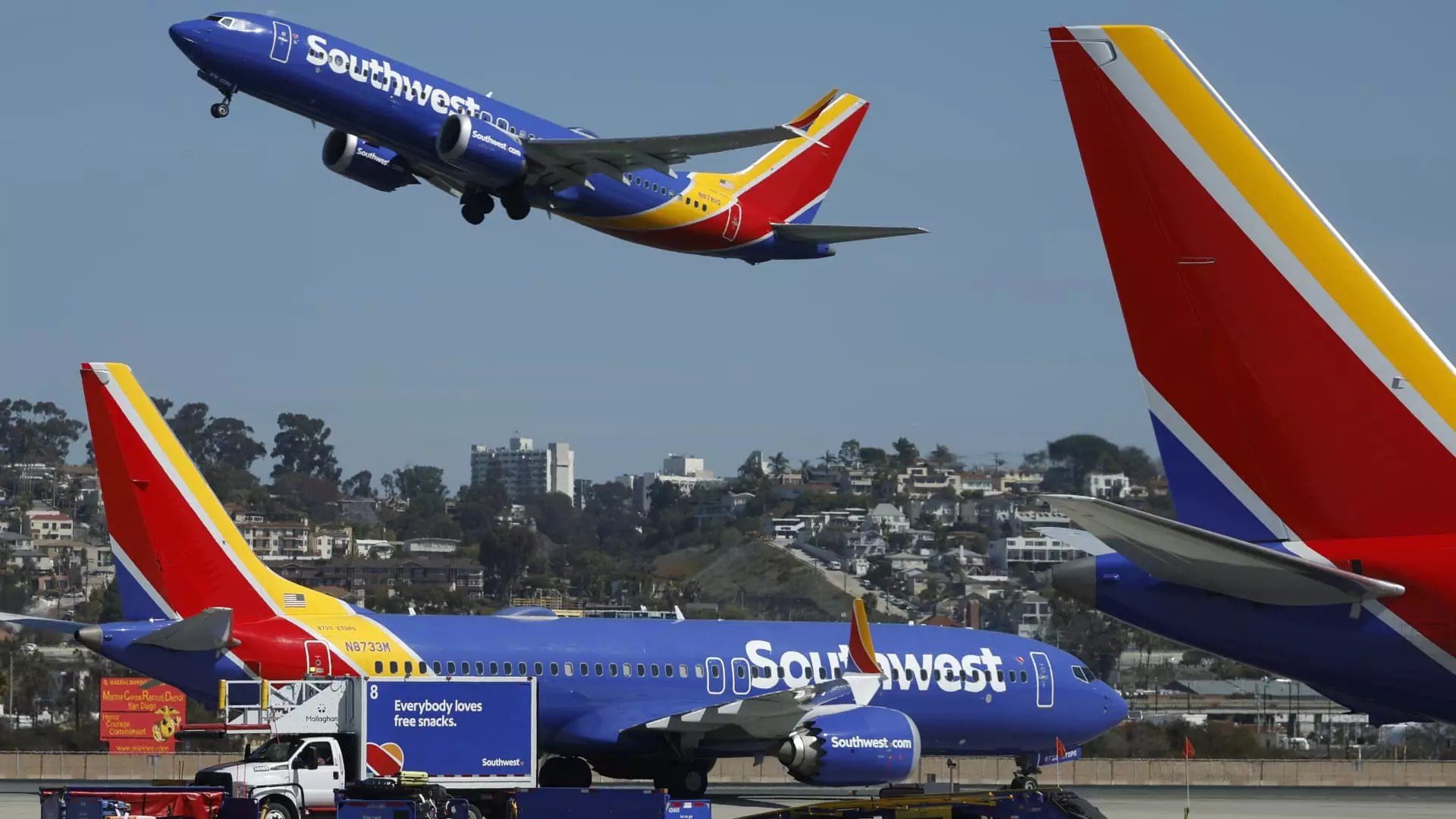7 Bold Moves That Southwest Airlines Must Make to Compete in 2025

Southwest Airlines, historically known for its budget-friendly approach and no-frills service, is at a crossroads. CEO Bob Jordan’s recent comments about potentially introducing premium seating, airport lounges, and even long-haul international routes demonstrate an acknowledgment that the airline may need to evolve or risk falling behind. For decades, Southwest has built its reputation on delivering affordable travel without the bells and whistles that other airlines provide. But in a world where the travel landscape is continuously changing, sticking to tradition could mean driving loyal customers directly into the arms of competitors.
Jordan suggests that the airline is open to reimagining its identity to meet the desires of modern travelers. While this flexibility is commendable, the question remains: how much of Southwest’s authentic charm can be retained in such a transformation? It rests on a precarious balancing act between upholding their unique value propositions and catering to a clientele increasingly accustomed to a higher level of service.
Downward Pressure: Economic and Competitive Challenges
Recent economic trends have made for a tough landscape in the airline industry. As airfares decline and cost-conscious consumers scour for the best deals, traditional airlines, including Southwest, are under mounting pressure to innovate. Jordan’s commentary on the current pricing climate, where summer fares are surprisingly low, illustrates this struggle vividly. It reflects a growing concern that customers are migrating towards competitors that offer more luxurious options, such as Delta and American Airlines, which have invested heavily into enhancing customer experience through premium services.
Activist investors have also played a role in this transformation narrative, pushing Southwest to focus on increasing revenue. The carrier’s reluctance to abandon its core principles of cost efficiency and value for money needs to be reconciled with the rising demand for exclusivity among travelers. Should they adequately adapt, it could yield significant rewards; however, this strategy carries the risk of alienating their long-time customer base who appreciate the airline’s pragmatic approach to air travel.
Nashville: A Microcosm of Opportunity
One striking aspect of Jordan’s comments is the emphasis on Nashville International Airport, where Southwest commands over 50% market share. This pivotal city encapsulates the best and the most challenging scenarios facing the airline. Nashville is eager for premium services, including lounges and first-class options, yet it is precisely this demand that has the potential to lure customers away from Southwest if their needs are unmet.
Any hesitation from the airline to implement such changes not only risks losing existing passengers but also ensuring that Nashville’s affluent clients become inclined to turn to competitors. As consumer preferences shift toward comfort and luxury, the call for Southwest to re-evaluate its offerings becomes increasingly urgent. Failing to do so could prove disastrous in a market that is rife with competition and choice.
The Impending Shift to Long-Haul Flights: A Game Changer?
The notion of Southwest Airlines venturing into long-haul international flights is both exciting and daunting. For years, the airline has thrived on domestic routes, primarily utilizing the Boeing 737. However, as Jordan indicates, the potential expansion into Europe, albeit contingent on acquiring suitable aircraft, could yield a massive shift in operational strategy.
This pivot represents a colossal opportunity for Southwest. Entering the long-haul market could attract new clientele, create additional revenue streams, and ultimately redefine the brand. Yet, the progress on this front cannot happen overnight. It requires significant investment and a culturally ingrained willingness to embrace a new identity that attracts a different customer demographic while managing existing expectations.
The Future: Embracing a High-Stakes Environment
As Southwest Airlines stands on the brink of transformation, the emphasis on innovation has never been more critical. The airline must decide how much it is willing to adjust its time-tested policies without compromising its core values of budget friendliness and customer service. Navigating this high-stakes environment will require careful consideration of what it means to remain “the Southwest way” while meeting the increasing desires of a discerning traveling public. The pressure is on—but this could be the progressive shift that enables Southwest to reclaim its competitive edge in an industry that never stays stagnant for long.





